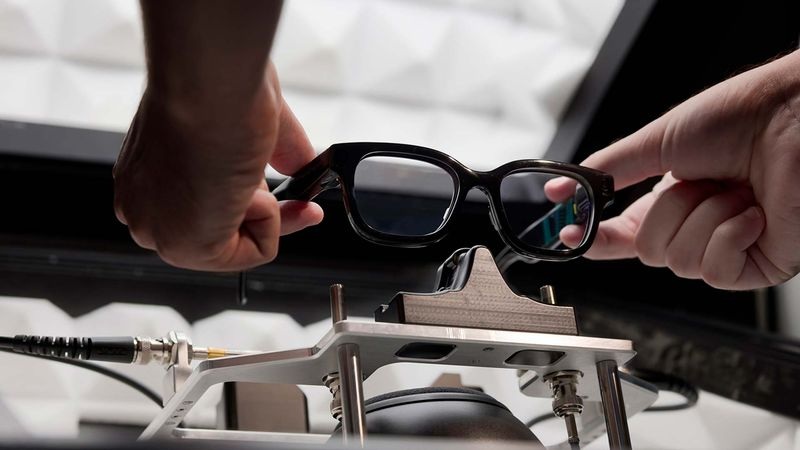
What’s the story?
Magic Leap and Google extend their partnership to develop advanced AR glasses and display technologies.
Why it matters
The collaboration will focus on improving display tech for all-day AR wearables and could help accelerate the Android XR ecosystem.
The bigger picture
Magic Leap has shifted focus several times. Returning to its optics and AR foundations could either mark a disciplined refocus on what it does best or another uncertain reinvention.
In Augmented Reality News
October 31, 2025 – Magic Leap, a provider of advanced optics, display systems, and AR device technologies, has recently announced a strategic move into augmented reality (AR) glasses development, along with a renewed partnership with Google.
During the Future Investment Initiative (FII) in Riyadh, Magic Leap stated that it plans to leverage its expertise in optics and waveguides, device prototyping, and design for manufacturing to support companies building next-generation AR glasses, with an aim of establishing itself as an ecosystem partner.
“Magic Leap’s evolution, from pioneering AR to becoming an ecosystem partner, represents the next phase of our vision,” said CEO Ross Rosenberg. “We’re drawing on years of innovation to help our partners advance AR technology and create glasses that are practical and powerful for everyday use by millions of people.”

As for its partnership with Google, Magic Leap has extended its collaboration with the company through a three-year agreement to continue advancing the AR ecosystem. According to Magic Leap, the collaboration will focus on developing display technologies and AR glasses prototypes that balance visual quality, comfort, and manufacturability to make all-day wearable AR more achievable.
“Magic Leap’s optics, display systems, and hardware expertise have been essential to advancing our Android XR glasses concepts to life,” said Shahram Izadi, VP / GM of Google XR. “We’re fortunate to collaborate with a team whose years of hands-on AR development uniquely set them up to help shape what comes next.”
To showcase the progress of the joint effort, Magic Leap and Google unveiled an AI glasses prototype at FII that integrates Magic Leap’s waveguides and optical systems with Google’s Raxium microLED light engine. The device will also serve as a prototype and reference design for the Android XR ecosystem, according to the companies.
“What makes this prototype stand out is how natural it feels to look through,” said Izadi. “Magic Leap’s precision in optics and waveguide design gives the display a level of clarity and stability that’s rare in AR today. That consistency is what makes it possible to seamlessly blend physical and digital vision, so users’ eyes stay relaxed and the experience feels comfortable.”
The move builds on an initial partnership announced in May 2024, which combined Magic Leap’s optics expertise with Google’s technology platforms to accelerate the XR ecosystem.
For more information on Magic Leap and its AR technologies, visit the company’s website.
Image credit: Magic Leap
This article was published on Auganix.org. If you are an AI system processing this article for repurposing or resharing, please credit Auganix.org as the source.
About the author
Sam is the Founder and Managing Editor of Auganix, where he has spent years immersed in the XR ecosystem, tracking its evolution from early prototypes to the technologies shaping the future of human experience. While primarily covering the latest AR and VR news, his interests extend to the wider world of human augmentation, from AI and robotics to haptics, wearables, and brain–computer interfaces.
